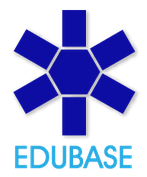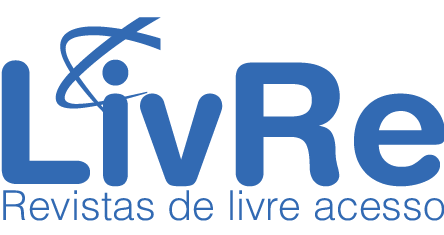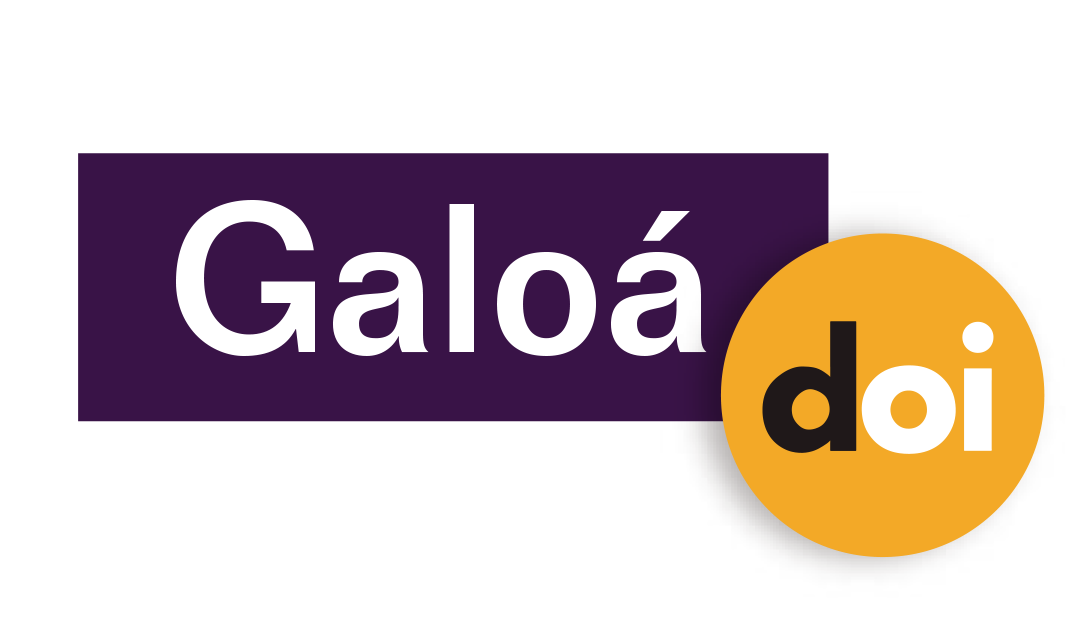Engineering Students’ Utterances about Evaluation and Its Roles in the Courses of Physics and Calculus
Resumo
Context: Assessment could provide feedback to both students and teachers on teaching and learning processes. However, this perspective coexists with an evaluation dynamic focused on performance and results. Objectives: This research intends to problematize what a group of Engineering students says about the evaluation processes and their purposes in Mathematics and Physics subjects, offered in the context of remote teaching. Design: Ideas from qualitative research in a Foucauldian perspective. Environment and participants: The sample consisted of 85 engineering students, enrolled in Physics and Calculus subjects, in the first semester of 2021. Data collection and analysis: Application of an online questionnaire, with six Physics or Calculus classes, in a community university of Rio Grande do Sul. Results: The discourse analysis according to the Foucauldian perspective produced two analysis units that indicate how the eighty-seven participating students conceive evaluation in their utterances. The first one indicates that they think evaluation enables their own learning to be monitored and assessed, and decisions to be made by professors. The other one points out that students conceive evaluation as classifying and meritocratic, focusing on performance, outcomes, and grade measurement. Conclusions: Contradictory and complementary conceptions coexist, indicative of the different roles attributed to assessment in formal education contexts. In general, the research participants evidence the reproduction of statements that circulate socially about the evaluation and its roles. Such results can be productive for teachers and institutions to understand that they also meet the expectations of an evaluation system with an emphasis on regulation and control.
Palavras-chave
evaluation; higher education; engineering programs
DOI: https://doi.org/10.17648/acta.scientiae.7153
Apontamentos
- Não há apontamentos.
Direitos autorais 2023 Ieda Maria Giongo, Sonia Elisa Marchi Gonzati, Marli Teresinha Quartieri, Marcia Jussara Hepp Rehfeldt

Esta obra está licenciada sob uma licença Creative Commons Atribuição 4.0 Internacional.
ANÚNCIOS
Informamos que, a partir de outubro de 2024, a revista Acta Scientia volta a aceitar submissões de artigos para publicação.
Mais, informamos que sites fraudulentos, https://periodicos-ulbrabr.org e https://periodicos-ulbrabra.org, estiveram se passando pela Acta Scientiae, utilizando nosso nome e identidade visual e até solicitado taxas de APC, que nós não cobramos. Aconselhamos cautela para evitar serem enganados por sites semelhantes.
Conceito A2 na Capes(2021)
Índice h5 do Google Scholar: 13
Índice mediana h5 do Google Scholar:24
eISSN: 2178-7727
Indexações:
A Acta Scientiae é indexada em: | Scopus |  | Latindex |  | Edubase (SBU/UNICAMP) |
 | Sumarios.org |  | Google Scholar |  | Portal LivRe (CNEM) |
 | Journals for Free |  | REDIB |  | Galoá DOI |

Todos os trabalhos publicados aqui estão sob uma licença Creative Commons - Atribuição 4.0 Internacional.
